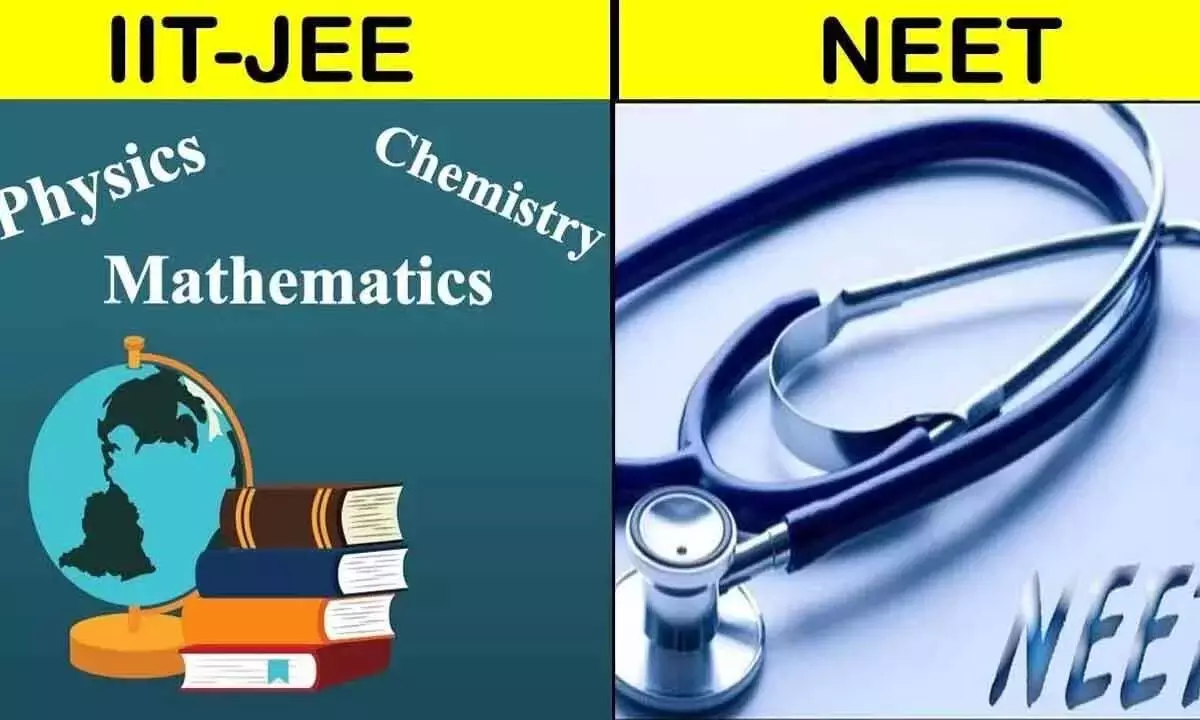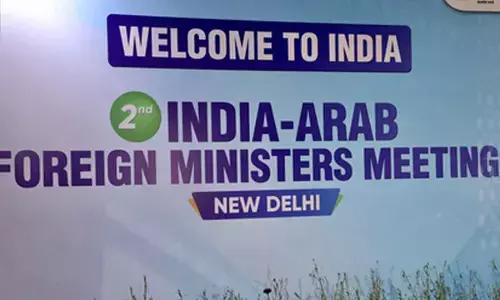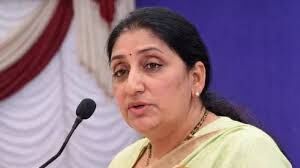All competitive examinations should be transparent and inclusive

NEET and JEE serve as gateways to prestigious medical and engineering institutions
There was a raging controversy over the alleged question paper leak of the prestigious National Eligibility-cum-Entrance Test (NEET), which is held to admit students in undergraduate courses of medical colleges across the country.
Prior to 2012, the All-India Pre-Medical Test (AIPMT) was conducted by the Central Board of Secondary Education (CBSE). The year heralded the Central government’s one-country, one-test - NEET for medical admissions. However, conduct of NEET had to be postponed by a year due to opposition from various states and private colleges.
In July, 2013, in a 2-1 split verdict on the validity of the NEET, a bench, led by former Chief Justice AltamasKabir, had said that the Medical Council of India (MCI) and the Dental Council of India lacked legal authority to control admissions to MBBS, BDS and Post-Graduate courses. This view was shared by Justice Vikramjit Sen. However, Justice Anil R Dave differed. On April 7, 2016, the Supreme Court, after carefully considering submissions, reserved the judgment. In between, a lot many things happened at the level of the Central government and the Supreme Court, and the NEET was embraced and revived. It is now conducted by the National Testing Agency (NTA), a newly created central government agency.
The leakage of question papers of any examination is a matter of serious concern. It is a grave issue that undermines the integrity of our educational system and erodes people’s trust. This malpractice not only disadvantages honest students but also disrupts the fairness and credibility of the academic ecosystem. As we aspire to become a developed nation by 2047, such incidents highlight systemic vulnerabilities that need urgent attention. Ensuring stringent security measures, promoting ethical conduct, and holding perpetrators accountable will be some crucial steps to safeguard the sanctity of examinations. Addressing these challenges head-on is imperative for fostering a culture of meritocracy and maintaining the nation’s progressive trajectory. The-billion-dollar question is: Who will bell the cat?
My larger concern lies elsewhere and is more agonizing. High-end entrance exams like NEET, which are not in sync with the syllabus of state boards, pose significant challenges to students from rural and semi-urban schools. These students, often studying in schools with limited resources, face a curriculum mismatch that puts them at a disadvantage as compared to their peers from urban areas and the CBSE backgrounds.
The disparity in syllabi means that students from state boards have to bridge substantial gaps in knowledge and exam preparation, which can be both time-consuming and financially burdensome. Consequently, this inequity exacerbates the divide between urban and rural education, limiting opportunities for meritorious students from underprivileged backgrounds and perpetuating socio-economic disparities.
The NEET and the Joint Entrance Examination (JEE) are highly competitive exams and serve as gateways to prestigious medical and engineering institutions.
Over the years, intense competition has led to proliferation of coaching institutes across the country, many of which charge exorbitant fees for their services. This trend has created significant barriers for economically challenged students, who often struggle to afford the high costs associated with these coaching programs. As a result, the disparity in access to quality education and preparation resources has widened, further entrenching social and economic inequalities and making it harder for underprivileged students to compete on an equal footing.
None will disagree with the fact that aligning top exams with the syllabuses of state boards will go a long way in ensuring equal opportunities for all students, irrespective of their educational background.
It is alleged that national-level exams often prioritize the curriculum of central boards like CBSE and the ICSE, placing students from state boards at a disadvantage due to differences in syllabuses and teaching methodologies. By harmonizing these exams with state board curricula, we will only create a more inclusive and equitable education system that allows every student to compete on a level playing field. This approach will help in recognizing and nurturing talent from diverse regions, promoting a more diverse and capable pool of candidates for higher education and professional courses, thereby enabling every student to pursue their cherished goals without systemic barriers.
In India, where the majority of quality education remains out of reach for many underprivileged students, top exams heavily skewed in favour of the urban elite perpetuate a cycle of inequality. This systemic bias not only reinforces existing socio-economic divides but also hinders social mobility by concentrating opportunities and resources within a privileged few. As a result, talented students from poorer backgrounds are often left behind, unable to compete on equal footing due to disparities in access to quality preparatory resources, coaching, and educational support. This disparity entrenches socio-economic stratification, limiting the potential of a significant portion of the population and undermining the broader goal of equitable development and meritocracy in the education system.
Moreover, a common school syllabus across India for core subjects like Physics, Chemistry, Biology, Mathematics, English, Hindi, Economics, Computer Science and Civics would be of great significance for a multitude of reasons.
Foremost among them is that it will ensure uniformity in educational standards, providing all students with an equal foundation regardless of their geographic location or the state they belong to. Secondly, this standardization is particularly important for subjects that form the core of undergraduate admission tests such as Physics, Chemistry, and Mathematics, as it creates a level-playing field and reduces discrepancies in exam preparation.














